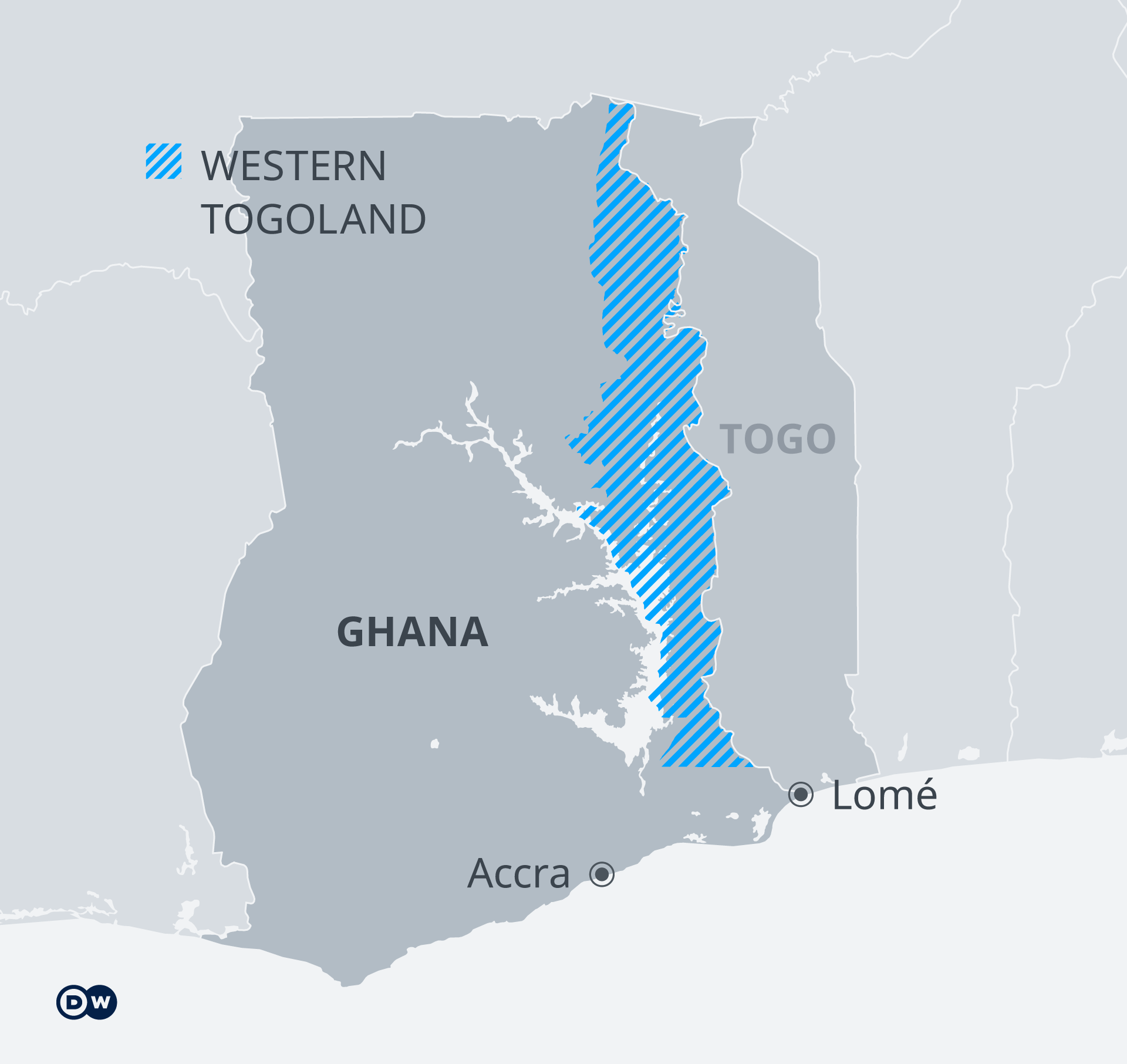When a President said that the Constitution didn’t apply to him and his cult, and encouraged armed insurrection, why wouldn’t we expect copycats?
Massachusetts police ID suspects in armed highway standoff
Did not know about these folks before today. From another source:
"The group, self-identified as the Rise of the Moors, live-streamed its standoff on Saturday on its YouTube page, in which its leader, identified on the group’s website as Jamhal Talib Abdullah Beym, said the group is “not anti-government” and was being “extra careful” not to violate the federal laws of the United States.
Two group members held a Moroccan flag throughout the exchange, a tenet of the Pawtucket, Rhode Island-based group’s ideology. The flag stems from the the largely Black group’s belief that “a 1787 treaty (fictitious) between the United States and Morocco grants them immunity from U.S. law,” according to the Southern Poverty Law Center."
Hmmm. I'm sure the "I don't recognize your laws" will go over well with the judge.
Besides. There is a 1787 treaty with Morocco, the first country that recognized us, but I don’t think it says what they think it says.
Also, the territory they claim they lived in at the time (which they didn't) wasn't part of the US, but would have been part of New France prior to the Louisiana Purchase, so even if there was a treaty between the US & Morocco (which there wasn't), it wouldn't cover them. There would need to have been a treaty between Morocco and the French Republic (which there wasn't), which would have been null & void when Napoleon took over anyhow, and would have been doubly void when the territory was sold to the US.
Oh, and if this group believes it has “immunity from US law,” then why were they being “extra careful to not violate any federal laws of the United States?” Seems like a group of contradictory attention seekers to me.
Massachusetts police ID suspects in armed highway standoff
Did not know about these folks before today. From another source:
"The group, self-identified as the Rise of the Moors, live-streamed its standoff on Saturday on its YouTube page, in which its leader, identified on the group’s website as Jamhal Talib Abdullah Beym, said the group is “not anti-government” and was being “extra careful” not to violate the federal laws of the United States.
Two group members held a Moroccan flag throughout the exchange, a tenet of the Pawtucket, Rhode Island-based group’s ideology. The flag stems from the the largely Black group’s belief that “a 1787 treaty (fictitious) between the United States and Morocco grants them immunity from U.S. law,” according to the Southern Poverty Law Center."
Hmmm. I'm sure the "I don't recognize your laws" will go over well with the judge.
Besides. There is a 1787 treaty with Morocco, the first country that recognized us, but I don’t think it says what they think it says.
Also, the territory they claim they lived in at the time (which they didn't) wasn't part of the US, but would have been part of New France prior to the Louisiana Purchase, so even if there was a treaty between the US & Morocco (which there wasn't), it wouldn't cover them. There would need to have been a treaty between Morocco and the French Republic (which there wasn't), which would have been null & void when Napoleon took over anyhow, and would have been doubly void when the territory was sold to the US.
Oh, and if this group believes it has “immunity from US law,” then why were they being “extra careful to not violate any federal laws of the United States?” Seems like a group of contradictory attention seekers to me.








